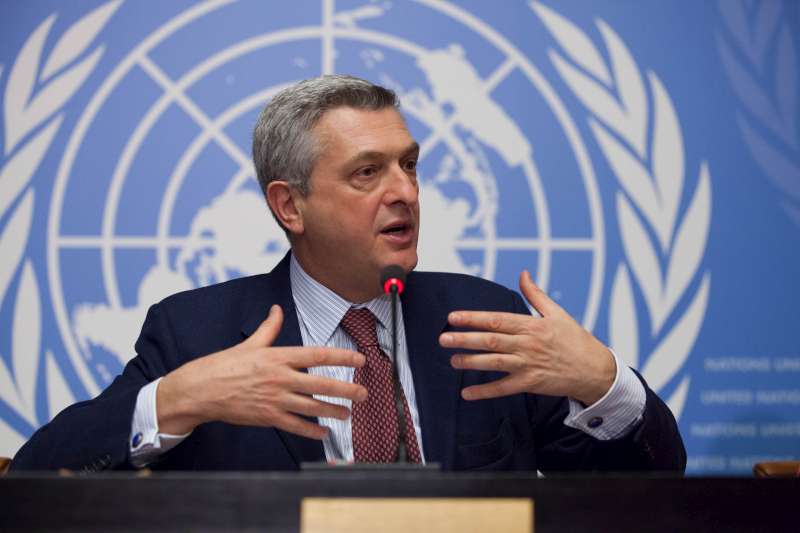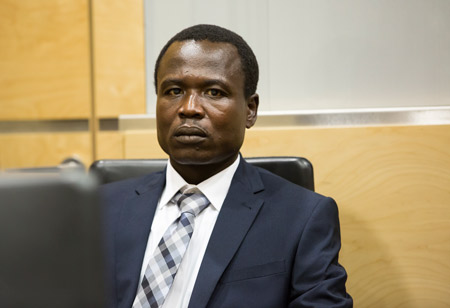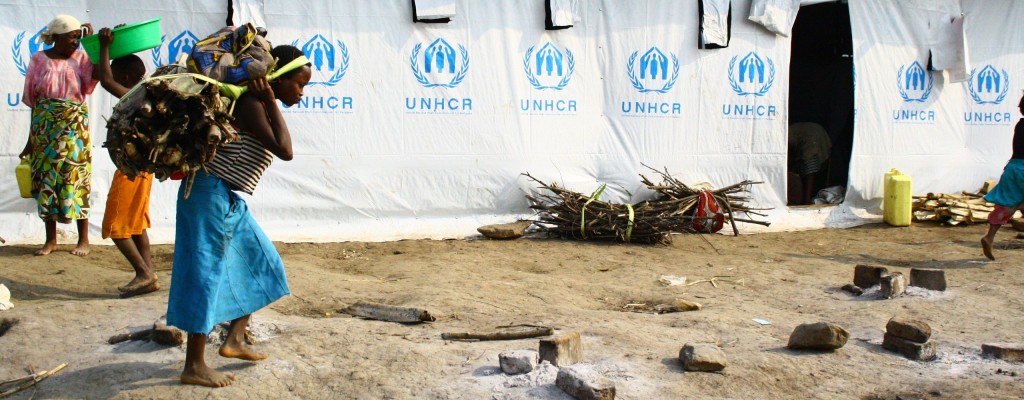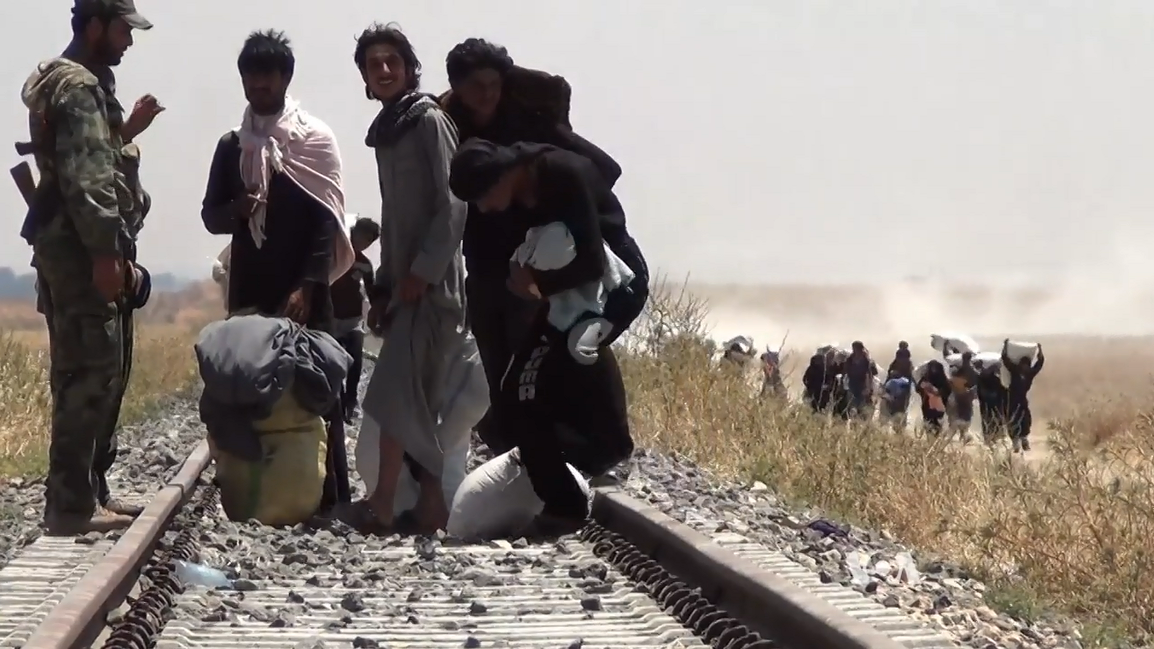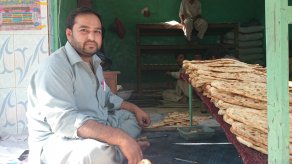 On Friday 27 May 2016, PRIO celebrated Ola Tunander’s 30-year academic career with a seminar on ‘Sovereignty, Subs and PSYOPS’, and a reception. The celebration was, of course, focused on Ola and his work, spanning topics from the geopolitics and organic state theory of Rudolf Kjellén to the 27 October 1981 ‘Whiskey on the Rocks’ submarine crash in the Swedish Archipelago. Obviously, sovereignty was a key topic of the seminar, and is arguably also the critical theme of Ola’s work.
On Friday 27 May 2016, PRIO celebrated Ola Tunander’s 30-year academic career with a seminar on ‘Sovereignty, Subs and PSYOPS’, and a reception. The celebration was, of course, focused on Ola and his work, spanning topics from the geopolitics and organic state theory of Rudolf Kjellén to the 27 October 1981 ‘Whiskey on the Rocks’ submarine crash in the Swedish Archipelago. Obviously, sovereignty was a key topic of the seminar, and is arguably also the critical theme of Ola’s work.
As a digital footnote to the seminar, and a distillation of the ‘sovereign’ according to Ola Tunander, here are some excerpts of Ola’s writings on the subject (all from ‘Democratic State vs. Deep State – Approaching the Dual State of the West’ in Eric Wilson’s Government of the Shadows: Parapolitics and Criminal Sovereignty, published by Pluto Press, 2009): Read More
